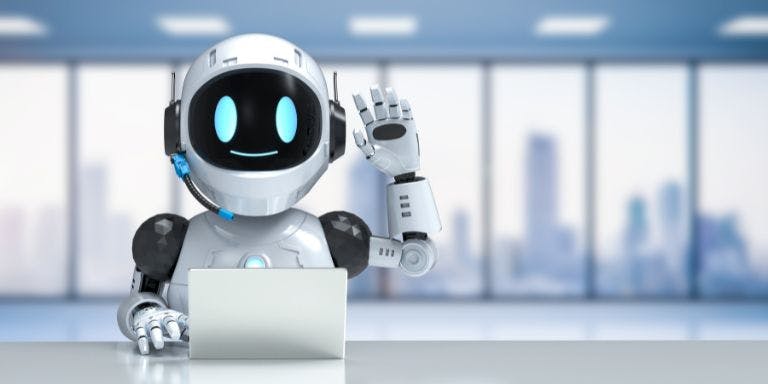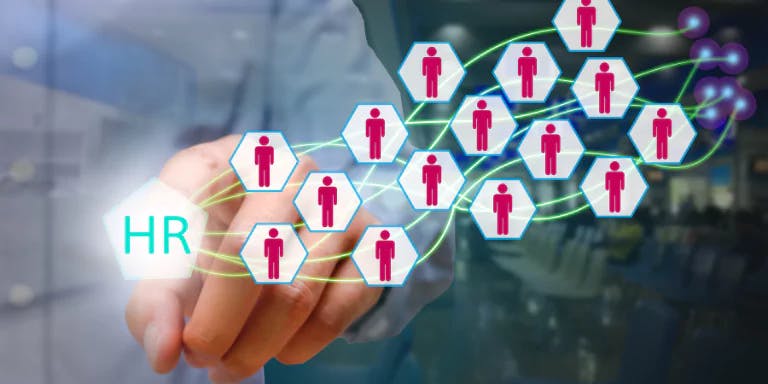First published on Wednesday, October 2, 2024
Last updated on Wednesday, October 2, 2024
As ‘AI fever’ continues to catch on across many industries, it’s implications for HR and employment law are only just beginning to make their debut in real-world legal cases.
A recent headline case involving a serial job applicant using AI to sue prospective employers for disability discrimination has raised questions about whether or not this is the tip of the proverbial “AI”-ceberg.
After accusing potential employers of failing to make reasonable adjustments during the application process, the applicant used generative AI tools to analyse his email correspondence with the would-be employers to identify legal grounds for his claim.
These claims have since been allowed to proceed to a full tribunal, leaving many business owners with questions about what this case signifies for the future of employment disputes and conflict resolution in the workplace.
The impact of AI on employment disputes
UK workers are beginning to use AI more and more in their daily roles. A 2024 report by PWC found that three times as many (57%) workers this year are positive that GenAI can help them to be more efficient at work, compared to last year.
With AI adoption increasing at lightspeed pace, we are beginning to see its knock-on effect on HR and employment law. As free, publicly available AI tools advance, we’re likely to see more workers using them assist in employment disputes—whether by drafting legal documents, reviewing contracts for potential breaches, answering legal cases, or just offering advice.
Levelling the playing field
On the one hand, the use of AI is levelling the playing field for workers, as employees without the means to afford legal representation may now feel empowered to pursue claims that might otherwise have been ignored. This lowered barrier to entry will have a democratising effect, allowing employees with genuine grievances to more easily access the legal system and bring claims against their employer.
Risks for employers
However, there is a flip side. Just as AI can make it easier for people to pursue justice, so too can it make it easier for ‘vexatious litigants’—individuals who repeatedly takes legal action against others without merit—to file unfounded claims against businesses.
This could lead to an increase in baseless claims generated by AI, potentially increasing risk to businesses.
“Employers must be aware of the possibility of employees and even job applicants using AI and algorithmic tools to quickly and efficiently generate claims against them.” – Lucy Cobb, Employment Law Expert
Ultimately, while AI could lead to more of these kinds of baseless claims being brought against employers, adhering to established rules and guidelines can help safeguard your business and significantly reduce the likelihood of these claims succeeding.
Proactive steps for employers
There’s a few things to consider when thinking about how to safeguard your business against a potential rise in AI-driven tribunal claims.
Firstly, it’s important to consistently review and update your HR policies and practices to ensure they remain compliant with the most up-to-date rules and regulations.
This particularly includes policies on discrimination, reasonable adjustments and contract terms. As this can be difficult and time consuming, consider using our HR document library for up-to-date policies, templates, and guides for instant use.
Regular audits that identify and rectify contract breaches or non-compliance are essential for protecting yourself against tribunal claims, especially as new legislation is released.
Secondly, you should make sure that your business has a well-communicated stance and policy on AI. This is essential for making sure that employees have clear guidelines to follow when using AI tools and work and can help you stay ahead of the curve when it comes to the latest AI developments—ensuring that you know what you might be up against.
A recent report from Accenture found that 78% of business leaders believe AI will have a significant impact on employee relations and conflict resolutions in the next three years. Discussing the potential legal implications and encouraging employees to voice any concerns about they may have with AI-usage may lead to greater awareness and confidence when dealing with AI-related disputes brought against your business.
“We have still not witnessed the full breadth of its potential effects on employment law disputes. With no specific laws currently regulating AI use in UK workplaces, businesses are navigating a ‘wild west’ of uncharted territory.” – Lucy Cobb, Employment Law Expert
Claims cannot be created out of thin air—even with the help of AI. While AI is more efficient at identifying vulnerabilities, or inconsistencies in your policies, documentation, or recruitment process, it cannot generate claims where there are none. By following this advice, and fostering a workplace culture that values fairness, inclusivity, and respect, you can help minimise the risks of AI-driven tribunal claims.
Navigate legal disputes with BrightAdvice
The rise of AI in employment tribunals presents interesting challenges for employers. On the one hand, AI can democratise access to legal resources, empowering employees and job-seekers to pursue legitimate claims. On the other, it also increases the risk of unfounded claims, necessitating robust and proactive measures from employers.
Need support with any legal matters in your business? BrightAdvice helps you tackle employment law challenges with confidence, with round-the-clock HR advice from qualified experts, and a library of constantly-updated document templates.
Interested in finding out more? Book a free demo with our experts today or call us on 0800 470 2432.




